In the intricate web of Macau's underworld and its colorful characters, the name "Sixth Uncle" has long been shrouded in mystery and intrigue. While his true identity remains a subject of speculation and conjecture, the legend of the Sixth Uncle has become an enigmatic figure in the region's history, intertwined with the city's gambling, crime, and political intrigues. This article endeavors to unravel the layers of mystery surrounding the Sixth Uncle, offering a comprehensive overview based on available information and historical accounts.
The Mythical Beginnings
The story of the Sixth Uncle begins with a hazy narrative that has been passed down through generations of Macau residents and gamblers alike. He is said to have emerged during the early 1960s, a time when Macau was transitioning from a Portuguese-administered territory to a more autonomous region within China. The Sixth Uncle's rise to prominence coincided with the city's emergence as a global gambling hub, attracting both high-stakes gamblers and organized crime syndicates from around the world.
According to folklore, the Sixth Uncle was not a single individual but rather a collective term for a group of influential figures who operated in the shadows, controlling various aspects of Macau's criminal underworld. They were said to have played a pivotal role in the development and expansion of the city's casinos and gambling dens, using their connections and influence to navigate through the complex web of laws and regulations that governed the industry.
The Elusive Identity
Despite decades of speculation and investigation, the true identity of the Sixth Uncle remains a closely guarded secret. Some believe he was a local Macauese figure with deep roots in the community, while others suggest he might have been an expatriate from another Asian country, possibly China or Taiwan, who had infiltrated Macau's criminal circles due to his linguistic abilities and knowledge of local politics. There are even whispers that he could have been a foreigner with connections to international organized crime networks.
One of the most persistent myths is that the Sixth Uncle was a former policeman or intelligence operative who had access to sensitive information and used it to his advantage in the criminal underworld. This theory is fueled by his alleged ability to anticipate law enforcement actions and evade capture, making him seem almost invincible in his criminal endeavors.
The Influence on Gambling and Crime
The Sixth Uncle's influence extended far beyond his personal activities; he was said to have forged alliances with various criminal syndicates, including those involved in drug trafficking, money laundering, and even murder. His network allowed him to control access to high-stakes gambling tables and protect his interests within the city's criminal underworld.
One of his most notable achievements was his role in establishing several high-profile casinos in Macau, which became symbols of the city's transformation into a gambling mecca. These casinos were not only economic powerhouses but also served as fronts for his criminal activities, providing him with a legitimate cover while continuing his illicit operations in the shadows.
Political Ties and Influence
The Sixth Uncle's influence did not stop at the criminal level; he was also believed to have had connections with Macau's political circles. His ability to navigate through both worlds—the criminal underworld and the more formal political landscape—gave him a unique position of power that allowed him to influence decisions made at both local and national levels.
His influence on political matters was often subtle but effective. He was said to have used his wealth and connections to sway elections, bribe officials, or even exert pressure on those in power to ensure his interests were protected. This dual role as both a criminal mastermind and a political player made him an enigmatic figure that few dared to cross.
The Fall from Grace
Despite his seemingly unassailable position, there were signs that the Sixth Uncle's reign was not without its challenges. As Macau's economy grew more dependent on its gambling industry, so did the scrutiny from law enforcement agencies both locally and internationally. The rise of organized crime investigations and increased cooperation between law enforcement agencies from different jurisdictions put pressure on the Sixth Uncle's network.
In recent years, several high-profile arrests and convictions of individuals believed to be part of his inner circle have shed some light on his operations. These arrests have not only weakened his power base but also exposed some of his most closely guarded secrets. While he remains at large, his influence has clearly diminished, leaving behind a legacy of mystery and intrigue that continues to fascinate those who seek to uncover its secrets.
The Legacy and Its Impact Today
The legend of the Sixth Uncle continues to resonate in Macau's collective memory, influencing popular culture, films, and even contemporary discussions about organized crime and corruption. His story serves as a cautionary tale about the dangers of unchecked power and the consequences of unethical practices in an industry that thrives on secrecy and influence.
Today, while the Sixth Uncle himself may be a figure of legend, his influence can still be felt in certain circles within Macau's criminal underworld. His legacy has also prompted discussions about transparency and accountability within the gambling industry, leading to increased regulations and efforts to combat corruption at all levels. The ongoing efforts to clean up Macau's image as a global gambling hub are partially motivated by the need to distance itself from its past associations with organized crime and its enigmatic figures like






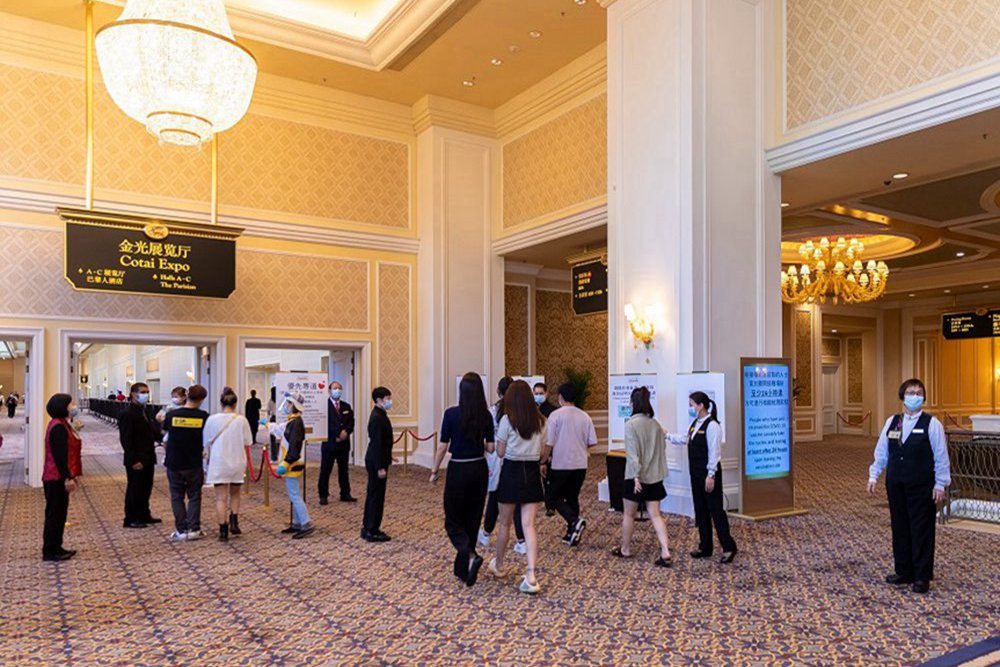
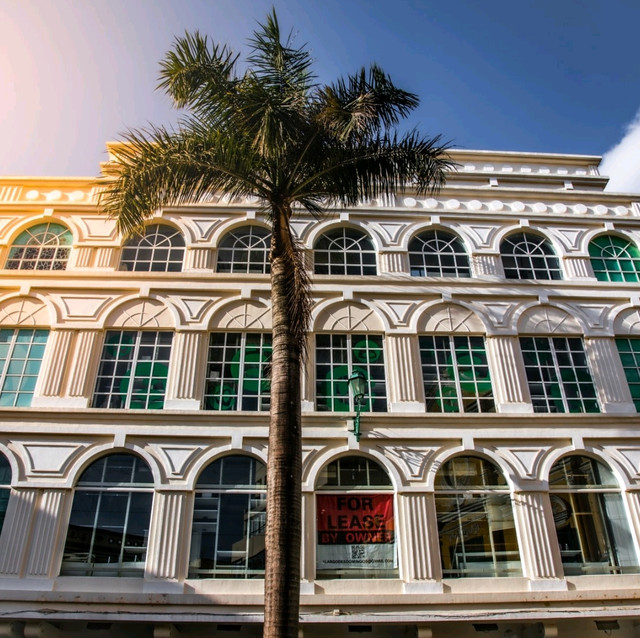
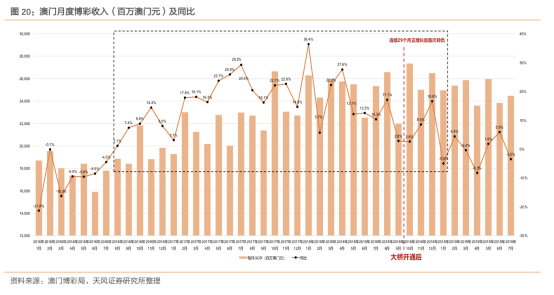
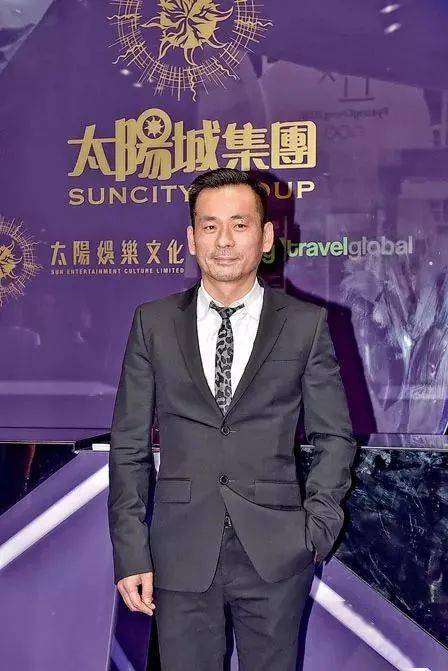
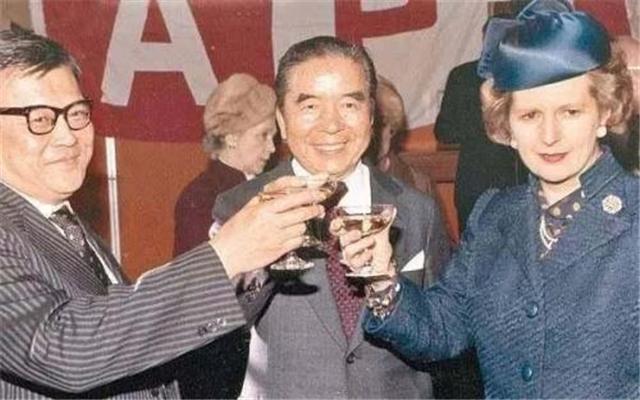


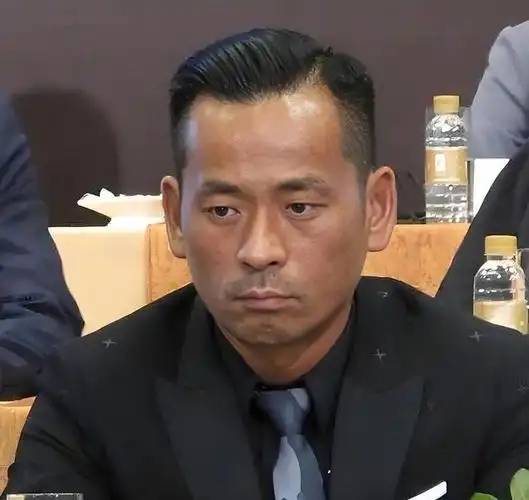
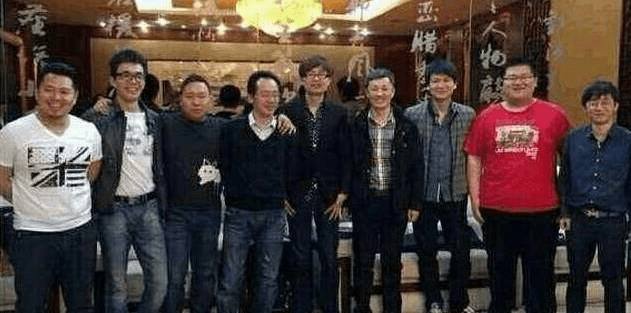

 京公网安备11000000000001号
京公网安备11000000000001号 京ICP备11000001号
京ICP备11000001号
还没有评论,来说两句吧...